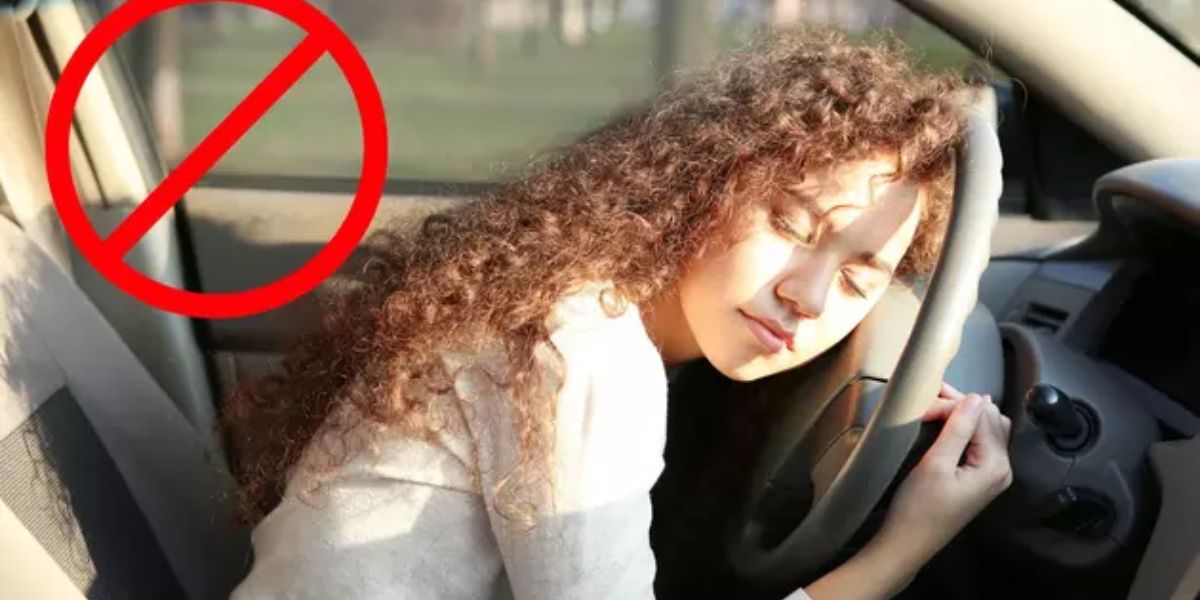Kentucky’s New Ban on Sleeping in Vehicles and Public Spaces: What the Safer Kentucky Act Means for You
In July 2024, Kentucky enacted the Safer Kentucky Act, a sweeping public safety law that introduced significant changes to the state’s approach to homelessness. Among its provisions, the law criminalizes sleeping or camping in public spaces, including vehicles. This article explores the implications of this law, its enforcement, and the ongoing debate surrounding its impact on vulnerable populations.
What Does the Law Say?
The Safer Kentucky Act, effective July 15, 2024, makes it illegal to sleep or camp in public areas, including vehicles, without authorization. Violators can face fines, and repeated offenses may lead to misdemeanor charges. The law aims to address public safety concerns but has raised significant issues regarding its impact on individuals experiencing homelessness.
Enforcement and Impact
Since the law’s enactment, law enforcement agencies across Kentucky have begun issuing citations for unlawful camping. In Lexington alone, 51 citations were issued between July 15 and December 31, 2024, with 18 resulting in arrests. These citations often include additional charges such as trespassing or drug-related offenses.
Advocates argue that the law disproportionately affects vulnerable populations. For instance, in a notable incident, a pregnant woman in labor was cited for unlawful camping while awaiting medical assistance. Her mattress was confiscated and destroyed, highlighting concerns about the law’s lack of compassion and its potential to criminalize individuals for circumstances beyond their control.
Supporters’ Perspective
Proponents of the Safer Kentucky Act, including its sponsor Rep. Jared Bauman, argue that the law is necessary to maintain public order and safety. They contend that individuals who repeatedly refuse services or engage in illegal activities should be held accountable. In Louisville, a “homeless court” has been established to divert individuals into treatment programs and supportive housing, aiming to address underlying issues such as addiction and mental health.
Critics’ Concerns
Opponents of the law, including the Homeless & Housing Coalition of Kentucky, argue that it criminalizes homelessness without providing adequate solutions. They emphasize the need for increased investment in affordable housing, mental health services, and addiction treatment. Critics also point out that the law exacerbates the challenges faced by individuals who are already marginalized and in need of support.
Looking Ahead
As the Safer Kentucky Act continues to be enforced, the debate over its effectiveness and fairness persists. While the law aims to enhance public safety, its impact on vulnerable populations raises important questions about the balance between enforcement and compassion. Advocates continue to call for comprehensive solutions that address the root causes of homelessness and provide support for those in need.
Conclusion
Kentucky’s new laws on sleeping in vehicles reflect a broader trend of criminalizing homelessness. While intended to maintain public order, these laws have significant implications for individuals experiencing homelessness. The ongoing debate underscores the need for policies that not only address public safety but also provide compassionate and effective solutions to homelessness.

